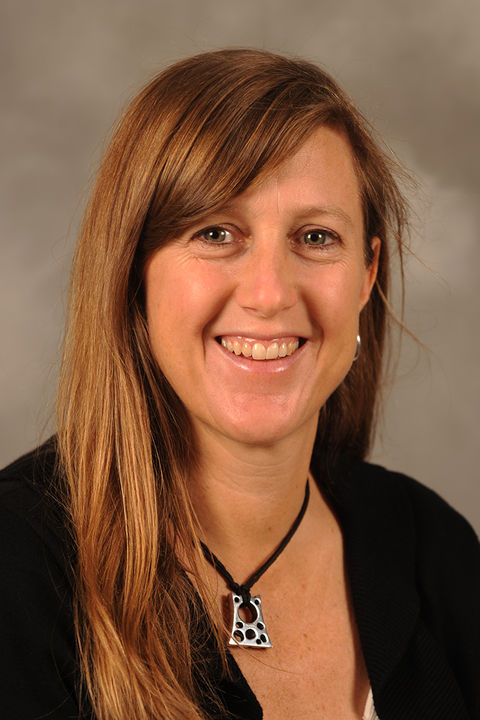
Â鶹ÊÓƵ's Family Nurse Practitioner (FNP) master's degree certificate will prepare you to provide comprehensive primary health care in an outpatient setting for patients of all ages. Family Nurse Practitioner students acquire advanced practice nursing competencies to provide continuity of health care to persons across the life span and to maximize the effectiveness of community and health care system services through collaboration with other health professionals.






